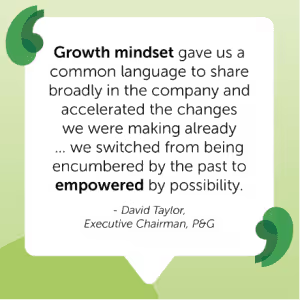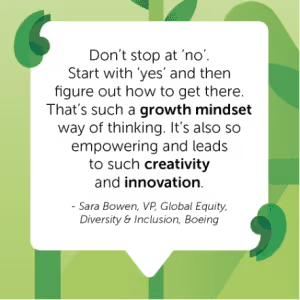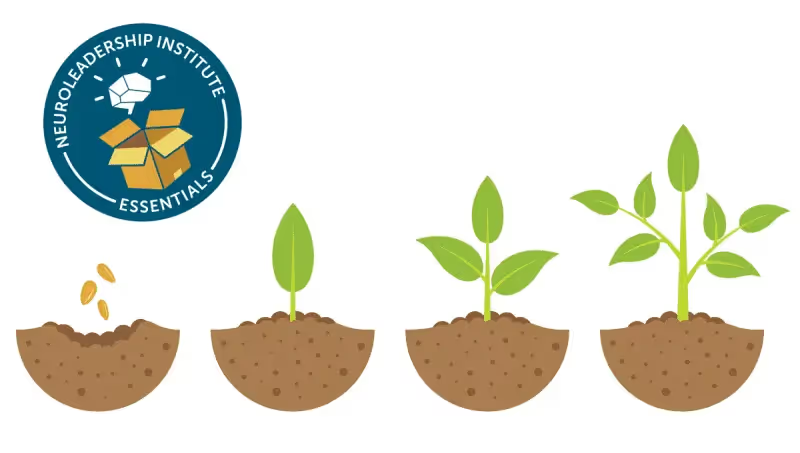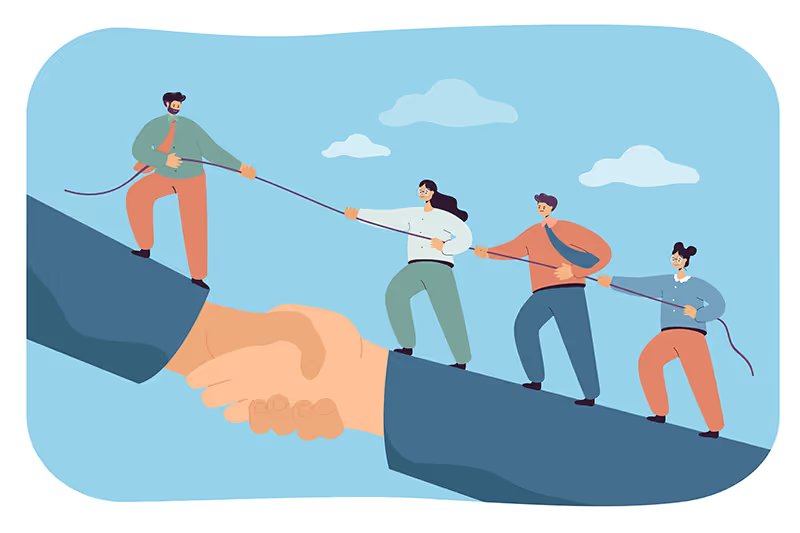For the past decade, we’ve been the global leader in organizational growth mindset. We’ve done extensive research on the topic, consulted with companies to develop internal cultures of growth mindset, and shared our knowledge and experience widely. Here are some of our content highlights to get you up to speed on the power of growth mindset.


The Basics
What Is a Growth Mindset, Anyway?
Growth Mindset: Why It’s More Important Than Ever
Activating Growth Mindset: 10 Years of Insight
A Culture of Growth Mindset
Your Employees Want a ‘Growth Mindset Culture’ — and So Should You
Here’s What Growth Mindset Can Really Do for Organizations
The Mindset Organizations Need Right Now With Ford and Comcast
Growth Mindset in Action
How Cigna Uses Growth Mindset to Boost Agility
Change in Weeks, Not Years, With Boeing and Procter & Gamble
How Adopting a Growth Mindset Transformed Microsoft




.avif)



